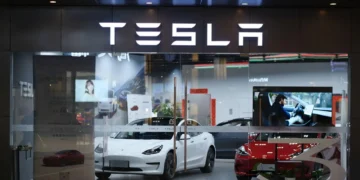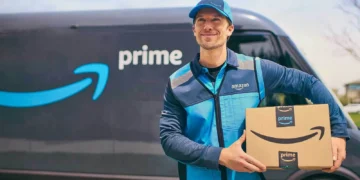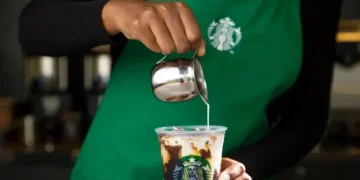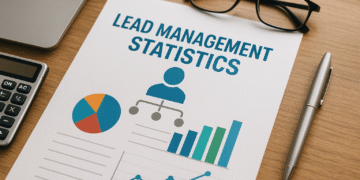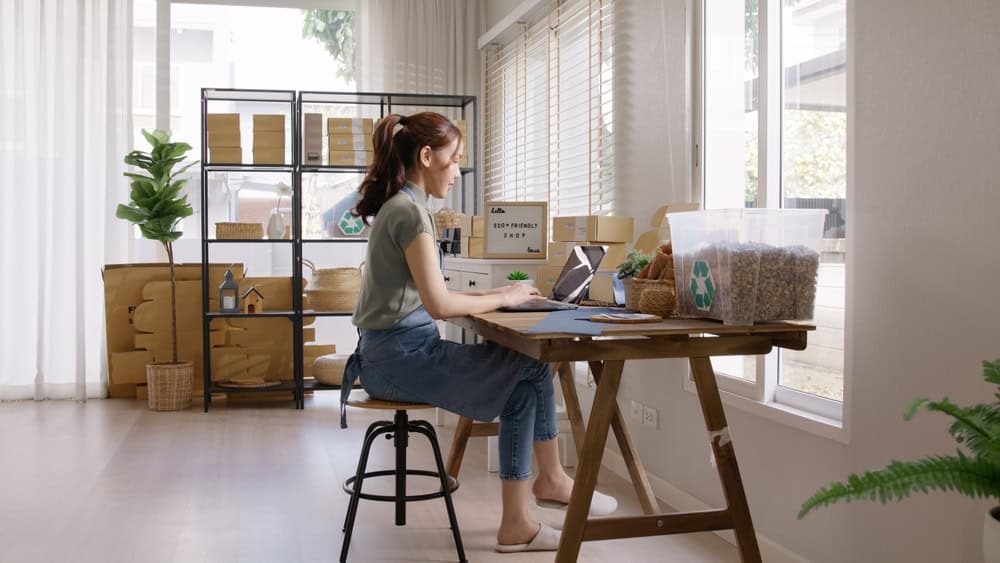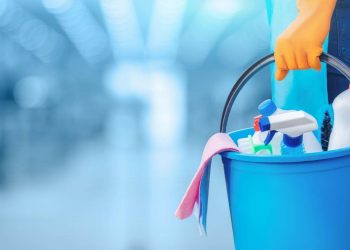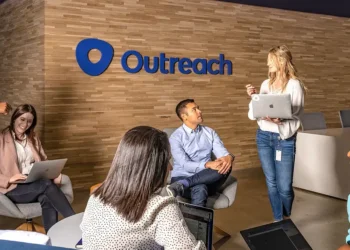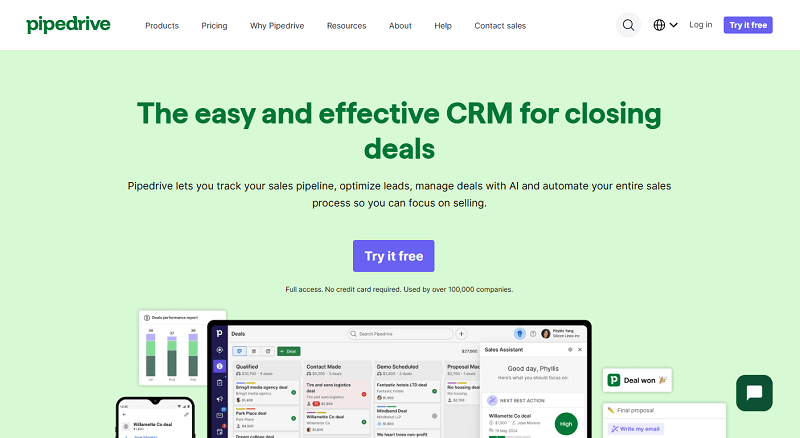Imagine you run a small boutique shop in your neighborhood. You know your regular customers by name, you love chatting with them about new arrivals, and they trust you to tell them when the next must-have piece is arriving.
But once the shop doors close?
You are buried under mountains of handwritten notes, scattered spreadsheets that crash at the worst moments, and endless sticky reminders about follow-ups you never quite get to. You feel like you’re spinning in circles, losing sales, missing loyal customers’ birthdays, and wasting precious time you could spend growing your business.
If this sounds familiar, you are not alone.
Many small retailers struggle to keep up with customer relationships as they grow. That’s exactly where a CRM system can make all the difference.
A CRM (Customer Relationship Management) system helps small businesses organize customer data, track sales, and deliver more personalized experiences, without the chaos.
In fact, according to a recent CRM case study, small businesses using CRM tools saw up to a 40% increase in repeat purchases within just a few months.
In this post, we are going to share a real-life retail CRM case study that shows exactly how small businesses turned their scattered processes into a smooth, customer-first machine.
We will walk you through these CRM study cases, highlighting the main challenges, and show the actual solutions. By the end, you will see how even a small retailer can use a CRM system to build stronger relationships with their customers and boost sales.
You will walk away with practice ideas to try in your retail shop.
Are you ready? Let’s dive IN.
Small Retail CRM Case Study: Meet the Businesses
1. Vinomofo (Australia) – Wine Retailer

Vinomofo, an Australian wine retailer known for its bold personality and curated wine deals, built its brand on community, convenience, and quality. With a loyal following of wine lovers, the business grew rapidly; however, growth brought its own set of challenges.
As their customer base expanded, so did the complexity of maintaining meaningful relationships with individual buyers. Like many small retailers, Vinomofo faced a core challenge: how do you keep marketing personal when your audience scales?
Hence, the company’s main point of concern centered on email marketing. Initially, they used a one-size-fits-all approach, sending the same offers to every subscriber. But this strategy quickly lost its charm.
Open rates dropped, engagement declined, and repeat purchases began to taper off. The issue was not with the wine; it was with the messaging. After all, wine is a deeply personal preference. Some customers gravitated toward bold Shiraz, while others preferred a chilled Pinot Grigio or a bubbly Prosecco. Vinomofo needed a way to tailor its communication and re-engage customers based on their tastes.
To address this, Vinomofo adopted Hubspot CRM, a platform designed to help businesses streamline customer relationships and improve marketing personalization. With the CRM, the company was able to move beyond basic email blasts.
They began capturing key data points like past purchases, browsing behavior, wine preferences, and purchase frequency. This allowed them to segment their customer base into targeted groups, for instance, red wine lovers, sparkling wine buyers, or high-value customers.
The results were impressive. With CRM automation in place, Vinomofo sent personalized emails based on each customer’s profile. As a result, email open rates increased, click-through rates improved, and most importantly, repeat purchases began to climb.
Customers felt like the offers were curated just for them, and in many cases, they were. What once felt like generic marketing was now a tailored experience, making customers feel recognized and valued.
Vinomofo’s CRM journey is a perfect example of how small retailers can use smart tools to scale without sacrificing the personal touch. Their success underscores a valuable lesson: customers don’t just want offers, they want relevance. By adopting a CRM system, Vinomofo turned passive email subscribers into engaged brand advocates, proving that even in a competitive market like wine retail, personalization powered by CRM can be a game-changer.
2. Harrods Retail
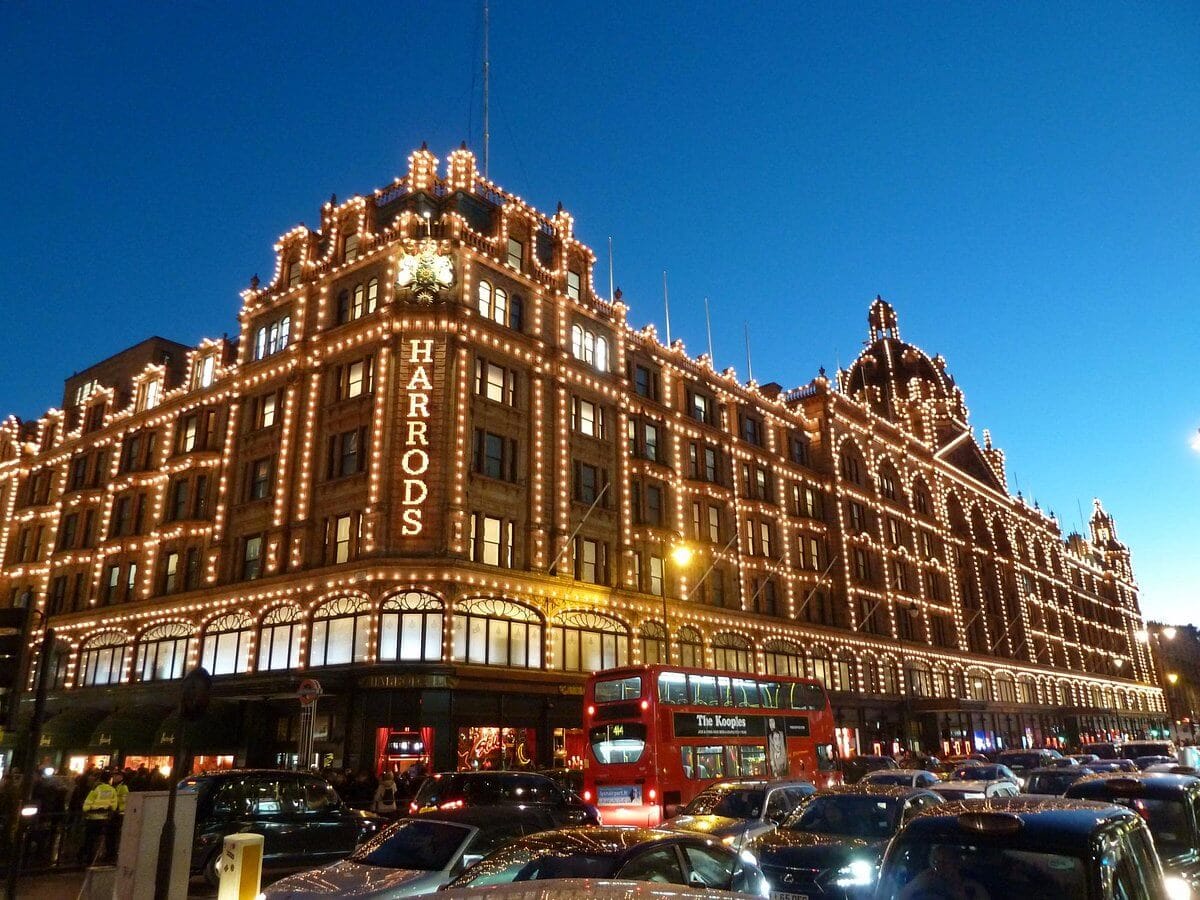
Now, let’s step into the world of Harrods, a name that’s become synonymous with luxury shopping. With over a million square feet of merchandise spread across seven dazzling floors in London’s Knightsbridge, Harrods is not your average retail store.
But even iconic brands face everyday retail challenges.
Harrods had a clear goal: build deeper relationships with customers and boost repeat visits. But their existing store card system was not cutting it. They needed a smarter, more personalized way to reward loyalty and engage high-value shoppers, not just once, but over a lifetime.
That’s where their CRM system came into play.
By launching Harrods Rewards, a tiered loyalty program powered by a sophisticated CRM strategy, they completely transformed how they interacted with customers. Shoppers were now grouped into levels like Green, Gold, and Black, based on annual spend.
With CRM tracking purchase behavior and preferences, Harrods could deliver tailored offers, early access to events, and white-glove experiences, all personalized to each customer’s lifestyle.
The result?
A stronger emotional connection with their audience, more frequent store visits, and higher customer lifetime value. The CRM system did not just streamline operations; it helped Harrods treat every customer like royalty, online and offline.
Without a centralized CRM system, Harrods was missing the opportunity to connect the dots between in-store behavior, online browsing, and purchase history. As a result, even loyal customers were not being rewarded in ways that truly mattered to them.
Before embracing CRM, Harrods, like many small retailers, struggled with fragmented customer data and a rewards system that felt more like a transaction than a relationship. This CRM business case study proves that even in a fast-paced retail environment, having a unified view of your customer across all channels can turn one-time buyers into lifelong brand advocates.
3. LUSH Cosmetics (UK) – Ethical Beauty Retailer
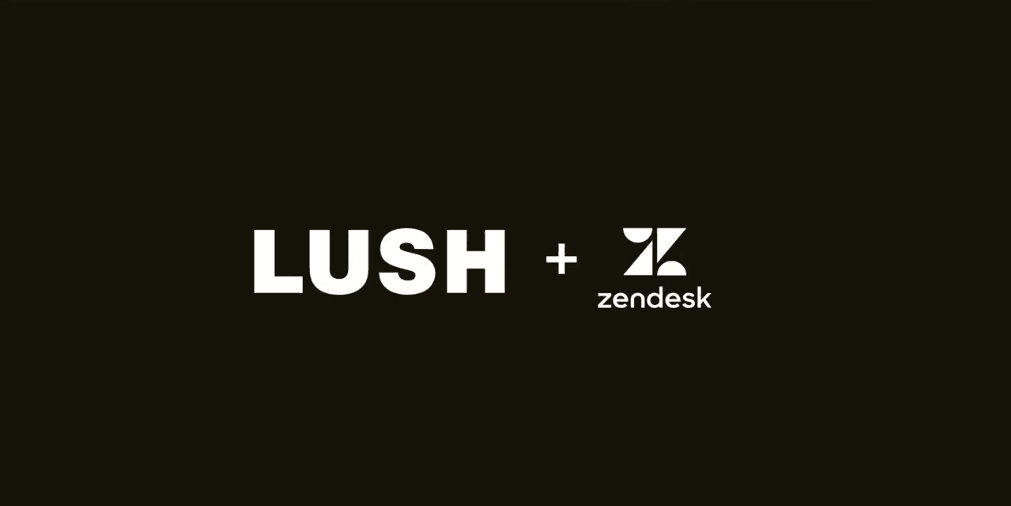
If you have ever walked past a LUSH store, you probably remember the burst of fragrance before you even hit the front door. Known for their handmade, ethically sourced bath and beauty products, LUSH Cosmetics has built a cult following around sustainability, creativity, and strong values.
But behind the fizz and fragrance, they faced a growing challenge: how to deliver consistent, personalized customer experiences across both their physical stores and online channels.
Thus, one system tracked in-store purchases, another handled online orders, and support conversations happened elsewhere. It became nearly impossible to get a full picture of each customer’s journey.
For a brand that prides itself on connection and transparency, this was a big problem. They could not recognize loyal customers across platforms, personalize recommendations, or tailor promotions to individual preferences. Every missed opportunity chipped away at customer loyalty. They needed to bring it all together, and fast.
LUSH took a smart step forward by adopting Zendesk CRM designed to centralize customer data across every touchpoint, from online orders and in-store visits to loyalty points and support tickets.
The goal was not just to track sales; it was to understand people. The CRM gave LUSH a 360-degree view of each customer, helping staff see past transactions and into behaviors, preferences, and values.
So when a shopper walked into a store or browsed online, LUSH could deliver consistent, personalized experiences that reflected their unique needs, whether that meant a vegan face mask recommendation or a reminder about a favorite shampoo going on sale.
Due to their CRM strategy, LUSH saw a huge improvement in customer satisfaction, repeat purchases, and brand loyalty. Their team could now send personalized emails, track feedback, and even tailor in-store interactions based on past behavior, all without compromising their ethical values or creative flair.
The biggest win?
LUSH did not just “sell more products.” They deepened their relationship with customers, and that’s what keeps people coming back, not just for soap, but for the brand itself.
With Zendesk, they had 369% ROI in a year, $434 annual cost savings, 82% One Touch resolution, and 5 minutes saved per ticket.
4. Pavers Shoes (UK) – Family-Owned Footwear Retailer
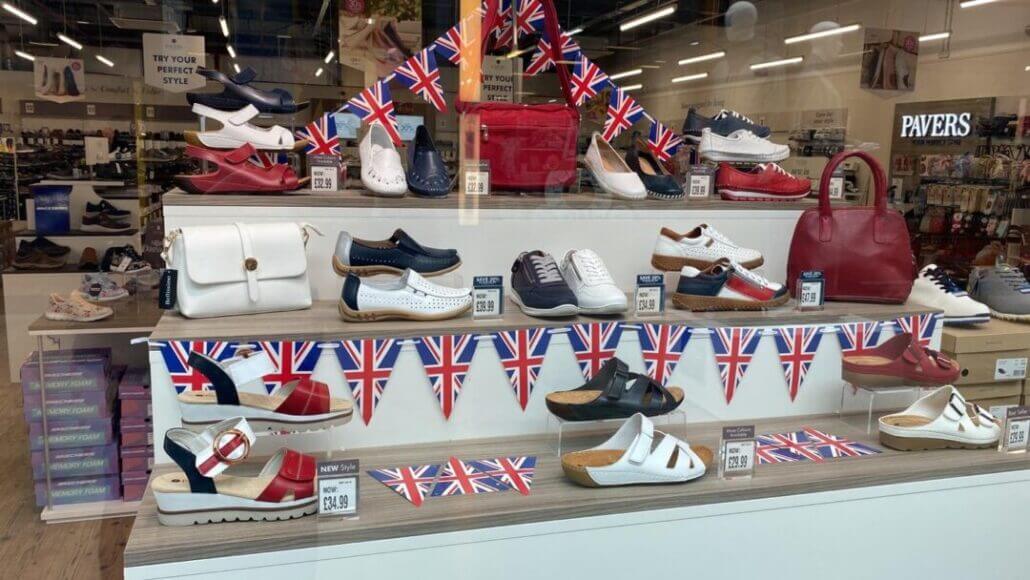
If you think CRMs are just for big tech companies, think again. Pavers Shoes is a UK-based, family-run footwear retailer that has been around since 1971 and known for comfortable shoes and friendly service. Pavers had customer interactions happening everywhere, in-store, online, and over the phone, but all that data was not connected.
That meant marketing teams could not easily see who their most loyal customers were, which products people cared about, or how to tailor messages to different customer groups.
Pavers decided to step things up by implementing CRM, a system that allowed them to unify customer data across all their channels.
Now, when someone browses online, makes a purchase in-store, or calls support, that information flows into one place. Their marketing team could see what styles each customer preferred, track purchase history, and even understand which channels were working best.
With this new insight, they could send targeted offers, recommend the right products to the right people, and measure campaign performance much more effectively. No more guesswork, just smart, data-informed decisions.
The result?
Increase repeat purchases, better email engagement, and stronger customer retention. By centralizing their data and investing in CRM, Pavers proved that even a family-owned business can use tech to build deeper, more human connections, without losing its personal touch.
5. Appliances Online (Australia) – Niche E-commerce Retailer
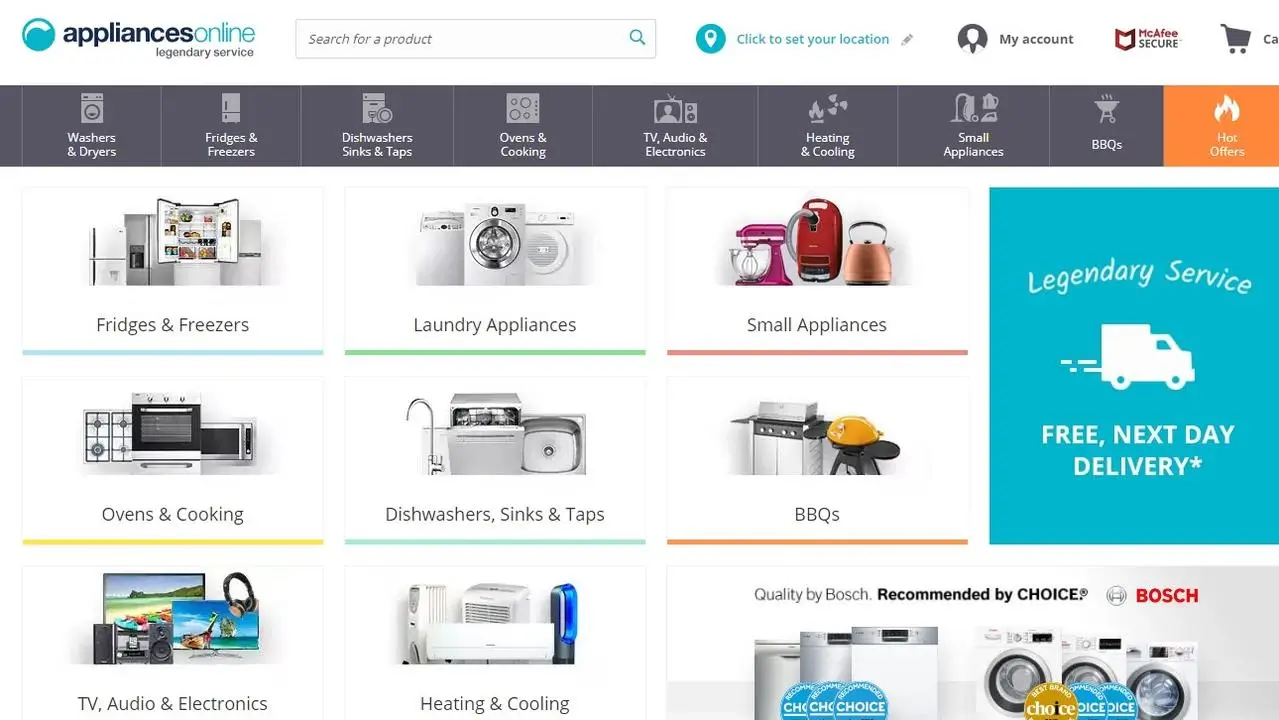
Appliances Online, a niche Australian e-commerce retailer, built its brand around fast delivery and excellent service. But as orders grew, so did the complexity of keeping track of every customer interaction, from sales to delivery to post-sale support.
Customers were bouncing between departments, repeating themselves at every step. Without a central system, support felt clunky, and the customer experience started to suffer. They implemented a CRM system to create a unified view of each customer, tracking purchases, conversations, and delivery updates in one place. Now, any team member could step in and help quickly, without missing a beat.
The result?
Quicker resolutions, smoother communication, and better customer satisfaction, all due to having the full story at their fingertips.
Common Fears and Misconceptions About CRM
Many small business owners ask, “Do I really need a CRM?”
Marketing strategist and author Mark Mehling, who’s been helping businesses for over 40 years, puts it:
“Only if you want to build loyalty, retain customers, and run a profitable, thriving business.”
The truth is, every business already has some system for managing customer relationships, whether it is a spreadsheet, a notebook, or just good memory. What a CRM system does is take that informal approach and make it more reliable, scalable, and consistent.
Mark tells the story of his uncle, a Chevy salesman who worked in the same location for 47 years. He did not have fancy software, just a box of index cards. On each card, he tracked everything: customer birthdays, anniversaries, new jobs, even divorces. He knew his customers personally and stayed in touch over the years.
The result?
He sold cars to three generations of families.
That’s CRM in its most authentic form.
The misconception is not whether CRM is “too much” for a small business; it is thinking that CRM is just about software. It is not. It is about building real relationships and using tools to help you do it more effectively.
So don’t let fear or tech overwhelm stop you. CRM is not some cold, complicated system; it is just a smarter way to care for the people who keep your business running.
Recommendations for Small Retailers
Getting started with CRM?
Keep it simple:
- Pick one goal to focus on (e.g., customer loyalty or follow-ups).
- Start with a free trial or entry-level plan.
Top beginner-friendly CRMs:
- Zoho CRM – budget-friendly and flexible
- Pipedrive – great for sales tracking
- HubSpot CRM – easy to use, solid free version
- Freshsales – good automation and support
- Capsule CRM – clean interface, perfect for small teams
Start small, test what works, and grow from there!
Final Thoughts on Small Retail CRM Case Study
If there is one clear takeaway from these stories, it is this: you do not have to be a retail giant to benefit from a CRM system. From ethical beauty brands like LUSH to niche online retailers like Appliances Online, even the smallest businesses are using CRM tools to punch above their weight.
We have seen how Harrods built a tiered loyalty program, how Vinomofo used CRM to tailor its marketing, and how Pavers Shoes strengthened its customer connections. These are not just tech upgrades; they are strategic decisions that made a real impact.
The good news?
You do not need a big budget or an IT department to do the same. Tools like Zoho, Pipedrive, HubSpot, Freshsales, and Capsule CRM offer powerful yet affordable options designed for small businesses. Many even have free plans, so you can start experimenting without risk.
Ready to get started?
Pick one goal. Choose a CRM tool. Start your free trial.
Your competitors are already building stronger customer relationships; it is your turn now.
Frequently Asked Questions
The key benefits include:
Improved customer retention and loyalty
Personalized marketing and communication
Centralized customer data across all touchpoints
Increased repeat purchases and customer lifetime value
Easier team collaboration and smarter decision-making
No! Many CRM platforms offer beginner-friendly, budget-conscious plans even free versions. Tools like HubSpot CRM, Zoho CRM, Pipedrive, Freshsales, and Capsule CRM are easy to set up and designed for non-tech-savvy users.
Absolutely. Tools like CRM unify data from both in-store and online interactions. For example, LUSH Cosmetics used CRM to integrate customer data from retail stores, online shops, and customer support, creating a seamless customer experience across all channels.






